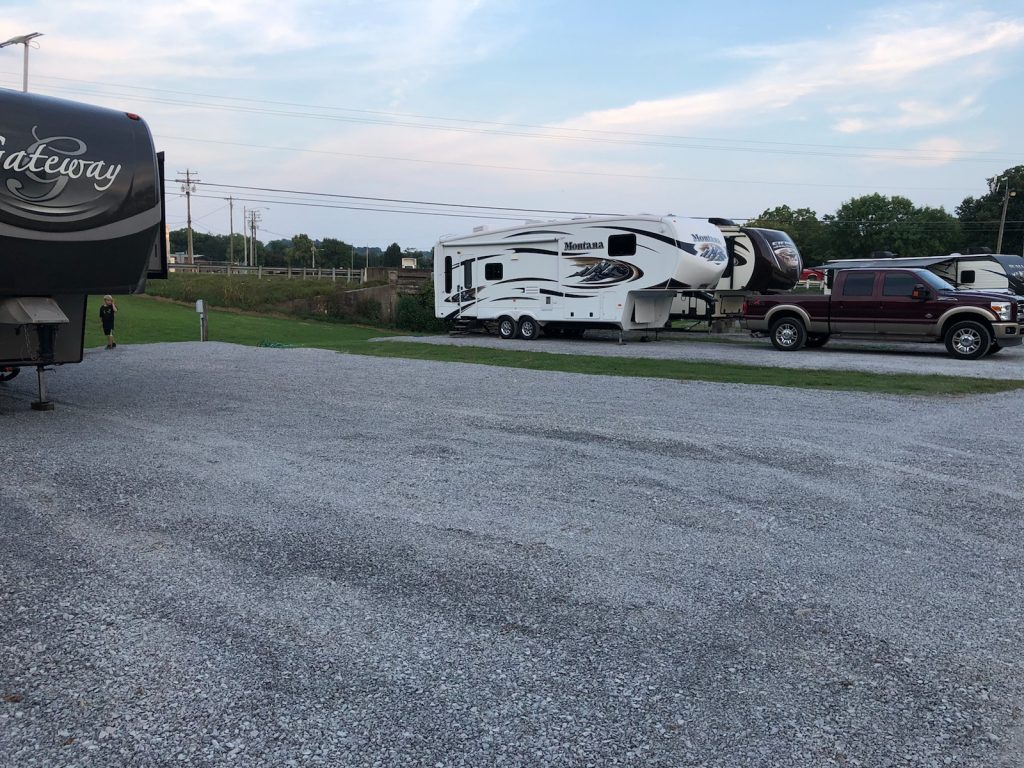Although it is common for most to pack up their RV and park it for the winter, there are those of us who choose to stick around and see the majesty of winter snow. Winter RV camping trips have their perks because campgrounds are typically empty, and campers can relax in relative peace. If you enjoy, visiting ski resorts taking your RV with you can be an affordable way to relish your adventure. And let’s not forget taking your RV with you to visit family during the holidays is the perfect solution to maintaining a little sanity and privacy. TN40RV Campground in Lebanon, TN, is open year-round and would be delighted to host you and your family. However, we also know how the winter months can provide challenges, so today we are going to share with you five ways to prepare your RV for a winter camping trip.
Install & Upgrade Your RV’s Insulation
One of the simplest ways to ensure that your RV will be warm in the winter months is to install insulation. Insulation will also protect your RV’s necessary piping along with keeping the winter winds from sucking the heat out of your camper. Here are a few tips for insulating your camper:
- Be sure to seal up the windows and doors: Check for areas that may need caulking and replace any worn weather stripping.
- Insulate the windows: Applying reflective foil and window films are an affordable way to insulate your windows and reflect heat back inside your camper.
- Put up heavy drapes: Heavy fabrics on your windows will block cold air from getting inside as well as keeping heat inside.
- Insulate your floors: You can install foam board flooring that will help to insulate against cold air coming up from below. However, if you do not want to invest in foam board flooring laying down, heavy rugs will also help in keeping the cold out.
- Put in RV skirting: another option is to install RV skirting, which will help to prevent freezing of water tanks and other vehicle components by blocking the winter winds.
The great thing about winterizing your camper for a trip in the cold is that most of the insulation can be left throughout the year and requires very little maintenance.
Protect Your RV’S Pipes & Plumbing
The freezing of plumbing is a common challenge for those who love to get out in the winter months. However, if you do not take care to protect your RV’s pipes, it can cause severe damage to them by bursting and cracking. Here are a few tips to help keep your pipes flowing this winter:
- Apply heat tape to pipes and hoses.
- Keep your internal plumbing warm by opening cabinet doors and allowing faucets to have a small drip.
- Utilize your internal freshwater tank instead of connecting to an outside source.
- Add antifreeze to smaller tanks to prevent the freezing of valves.
- Use a space heater in areas where you can to keep pipes flowing.
Care for Your RV’s Engine
The more extreme the temperatures are, the harder your RV’s engine has to work. You can help prepare your engine for the harsh winter temperatures by first inspecting the RV’s batteries for any corrosion or damage. If there are any signs of damage, replace them, and make sure that they are fully charged and connected correctly. Also, take the time to check that there is enough antifreeze and that it is at the proper ratio to water. In the winter months with freezing temperatures, you should use at least 50 percent antifreeze as opposed to the summer months.
Inspect & Prepare Your RV Furnace
Before you take off for your winter adventure, inspect your RV’s furnace. We suggest you have a certified technician do a thorough check that everything is in proper working condition. You should also check the furnace vents for any damage and clean both the vents and the furnace with compressed air or a soft brush to remove any debris.
Other Tips For Your Winter RV Trip
In addition to what we have listed above, here are a few more things to help you keep your RV running smoothly during this time of year.
- Use wooden blocks with your stabilizing jacks to prevent them from freezing to the ground.
- Cover up your AC unit, so you do not feel cold winter drafts.
- Be careful with any plastic components because they can become brittle in the cold.
- Before you leave, change all the batteries in your safety devices. This is especially important if you plan to run space heaters inside your camper due to carbon monoxide.
Winter does not mean that you have to hibernate and put up your RV instead be adventurous! If you are looking for a place to park your RV and explore in Tennessee, contact TN40RV Campground. We would love to have you visit us.

